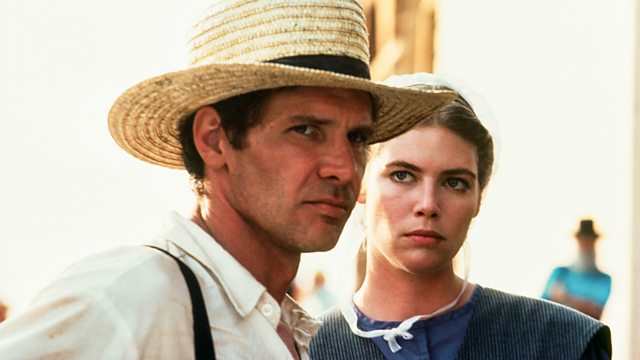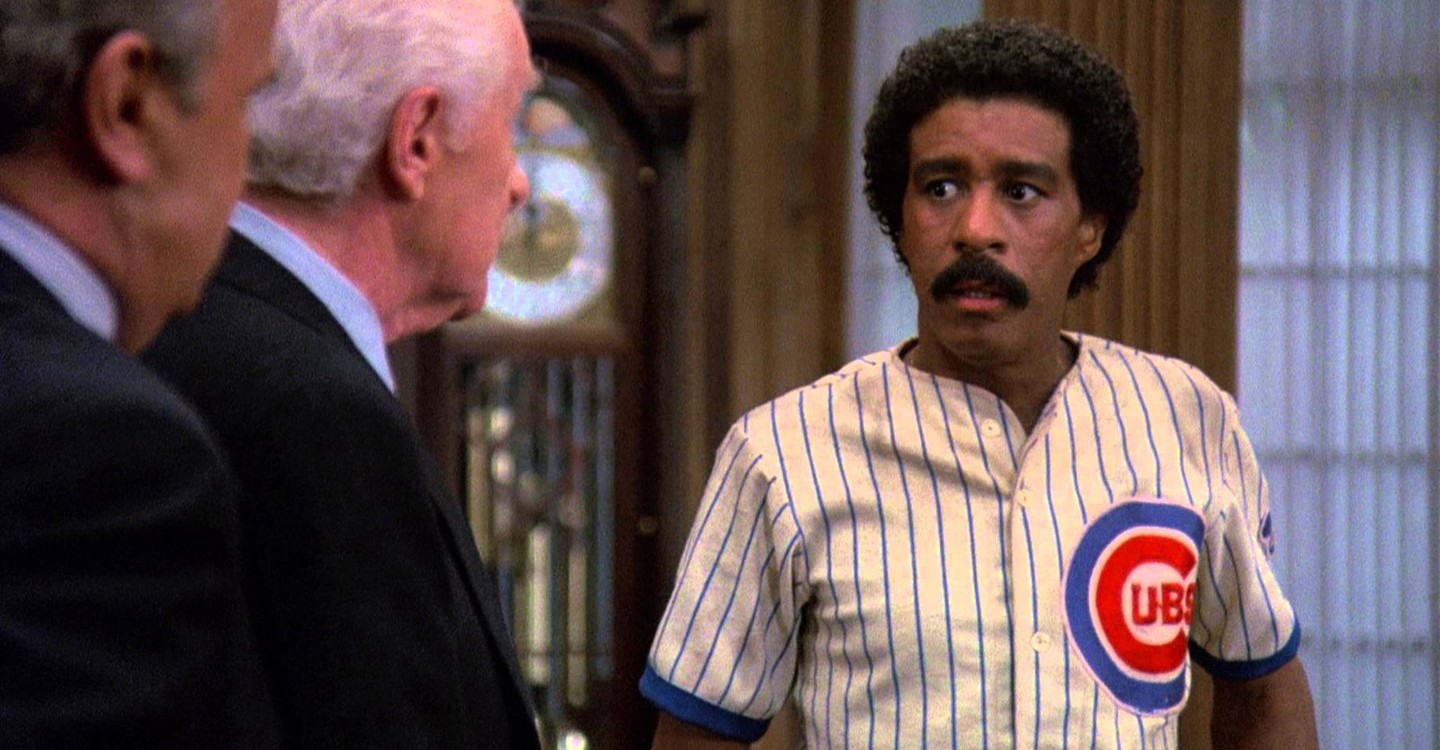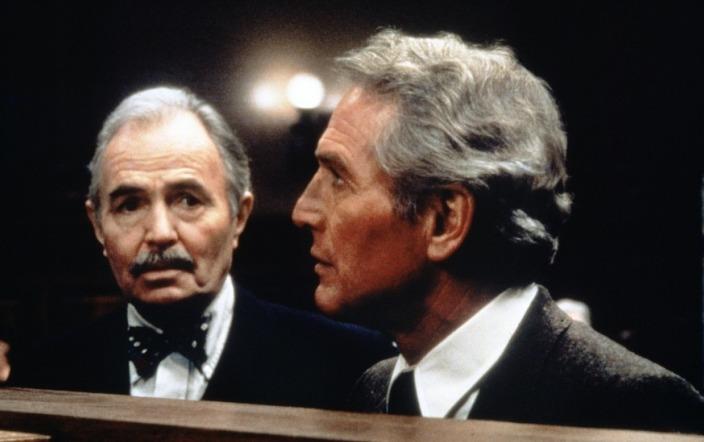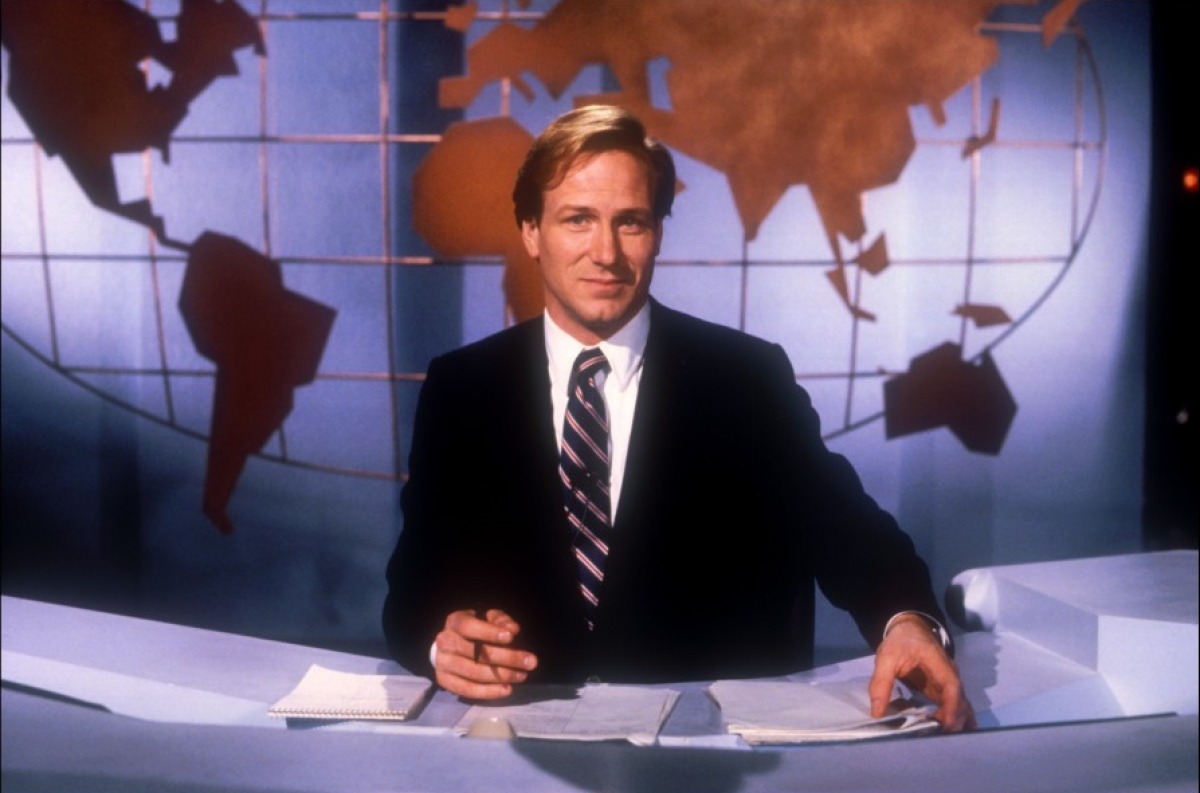6. Witness (1985)

In Harrison Ford’s most understated performance, he goes undercover to live among the Amish. As he waits for a killer to strike, he finds a simple way of life. Away from electricity, violence and the vices of society, everything quiets down and Ford has a chance to understand people better. Especially the young Amish Boy he’s protecting along with his Amish Mother played by Kelly McGillis in one of her first film roles.
While this was the only Harrison Ford performance that earned an Academy Award Nomination in his long illustrious career, it’s obvious that his powerful subtlety makes him a fine actor in any film. Most of the time he’s the hero who beats the bad guy and gets the girl. In Witness, the world is complex. He transitions from a lonely cop to the member of a strong community. His life is better than it ever has been, but soon it will end and he’ll return to being a lonely cop. Ford handles the performance to perfection.
7. Brewster’s Millions (1985)

In this underdog story, we’re rooting for a minor league pitching schlub (Richard Pryor) on a 30-day escapade to spend 30 million dollars. The catcher to his pitcher is played by the always loveable John Candy, the best moral support anyone could have. Most call this a great comedy, but it’s truly a fantasy. Who wouldn’t want 30 days to spend $30 million dollars ($86 million today) like they were on a month-long game show? The grand prize: $300 million ($856 million today).
This kind of story only exists in fiction and what a story it is! Of course, if it were up to the average person, they would take the $30 million to a casino rather than using it on hotels, business offices and rare stamps. But then we don’t get the fun journey of a man who’s hardly had money in his lie aand now must spend ten times more than he’s ever had in his life. The catch is he cannot tell anyone that he must spend it all in a month so his friends and associates are concerned that he’ll go broke. Throughout the journey, Pryor discovers the good parts of him. And those good parts about him are what he walks away with.
8. The Verdict (1982)

Known for being a heartthrob in the 50s, Paul Newman takes on the role of a lifetime as a lawyer. And a drunk. His best days are behind him when he receives a simple medical malpractice case which should be easy money. As he gets more involved, it’s clear he has to do what he always does – Give up. He has everything against him before the trial even begins. However, something brings him back to his early days when he cared about his job.
It’s the classic underdog story. Little guy vs. the Big Guy. Directed by the gritty Sidney Lumet who tackled the law in his debut film, Twelve Angry Men, 25 years earlier, does the same here. Both films very different, but the one thing they have in common is one person’s hunt for the truth. The screenplay written with the commanding words of David Mamet is on point. Obviously, this story is in very capable hands.
9. Broadcast News (1987)

With a career primarily in television up to this point, Writer, Director, and Producer James L. Brooks decided to tackle an important part of the medium – the news. In this totally honest portrayal of the television news business, Brooks delivers a poignant story with segments of comedy throughout.
Both as News Anchors, William Hurt and Albert Brooks exhibit some of the best work of their long careers together in a love triangle with their Producer played by the always superb Holly Hunter. A professional setting allows for some personal moments between characters like when Hunter speaks to Hurt in his earpiece. What seems to be feeding him lines on TV becomes the epitome of sexual connection. They love the thrill of their work and get caught up with each other. Be on the lookout from a cameo by Jack Nicholson who won an Oscar in Brooks’ previous film, Terms Of Endearment, four years earlier.
10. The Elephant Man (1980)

There is no original artist in film or any other medium like David Lynch. His work will go down in history as one of a kind. But before the work that defined him: Blue Velvet, Twin Peaks and Mulholland Drive, there was this little black and white tragedy produced by Brooksfilms. A company headed by Mel Brooks. Yes, that Mel Brooks who took his name off the film so audiences didn’t mistake it for a comedy. Not only is this a biographical drama, it’s about a severely deformed man who suffers from elephantiasis.
20 years later, Lynch directed The Straight Story about an elderly man going cross country on his tractor. That man had one mission before his life was over. For the character in The Elephant Man, it seems his life is over as soon as we meet him. He spends his days as a freak show attraction. It seems that’s all he’s good for when someone comes along and doesn’t see him as a freak. He sees him as a man. The Elephant Man has been produced on stage many times including three times on Broadway. However, the film captures the reality of this story by Lynch in a way that no one else can.